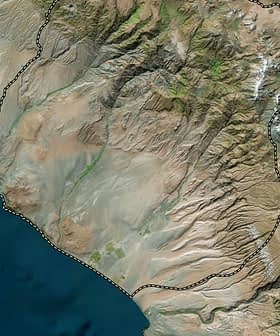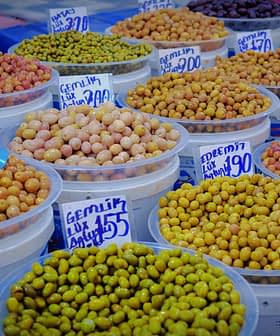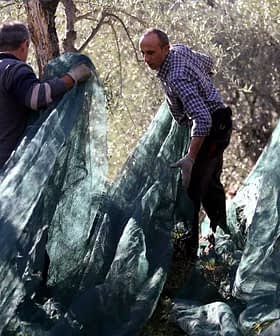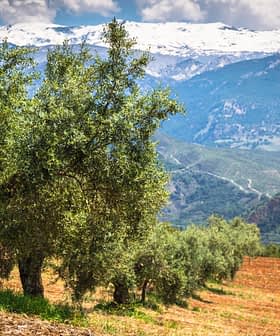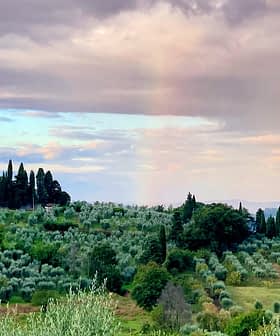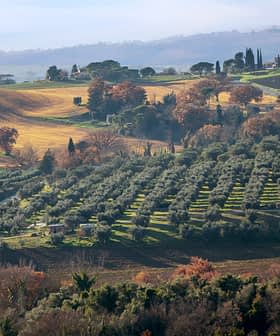Olive Growers in Extremadura Brace for 'Worst Harvest in History'
The autonomous community of Extremadura is facing a significant decline in olive harvest production, with estimates predicting up to an 80 percent decrease in olive oil production and an 85 percent decrease in table olive production compared to last year. The president of APAG Extremadura Asaja, Juan Metidieri, has warned that this could lead to a sharp reduction in employment in the region’s olive sector and has called for more government aid to address the crisis caused by drought and the war in Ukraine.
According to APAG Extremadura Asaja, the autonomous community’s olive harvest is on track for a record decline compared to last year.
Juan Metidieri, the organization’s president, has warned that it will be “the worst harvest in history” based on all factors analyzed to date.
The organization estimates that the number of olives destined for oil production could fall up to 80 percent compared to last year, resulting in just 23,000 tons of olive oil produced, compared to 103,600 tons last year.
See Also:2022 Olive HarvestThe predicted table olive losses could amount to up to 85 percent with an estimated production of just 27,000 tons, compared to 183,000 tons last year.
The forecasted losses would be in stark contrast to record 2021 harvests in the region, following a similar pattern of drought-related declines in olive oil production across Europe.
Metidieri warned that such a sharp fall in production risks provoking an equally sharp reduction in employment in Extremadura’s olive sector as significantly fewer workers would be required at all stages from harvesting and transforming to bottling, canning, labeling and transportation of end products.
He also warns that the forecast may even be optimistic, given that it does not consider the potential for further heatwaves and drought between now and the start of the harvest in the autumn. Losses could be even more significant if such conditions continue.
Production from super-high-density olive farms is expected to be somewhat less affected than that of traditional groves, providing some minor economic relief.
However, this has also stoked fears that this modern cultivation method, well-known for its high environmental impact, will further increase its competitive advantage.
In response to the forecast losses, the organization has called on regional and national government organizations to introduce direct aid and tax exemption schemes to address the agricultural sector’s current crisis, particularly concerning the problems caused by drought and the war in Ukraine. Metidieri described the current aid as “insufficient.”


